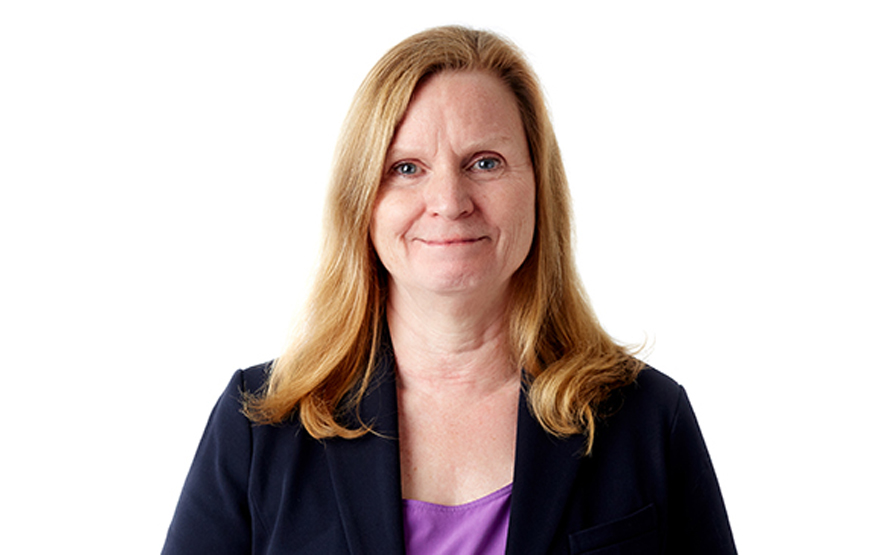
Claire Leon, Ph.D., senior lecturer in systems engineering and former director of the Systems Engineering Program at Loyola Marymount University, was elected to the National Academy of Engineering early in 2021.
Membership in the academy of some 2,500 US and international members is among the highest professional distinctions accorded to an engineer. Membership honors those who have made outstanding contributions to engineering research, practice or education.
Leon was among a group of 106 US and 23 international new members elected this year. They will be formally inducted at the academy’s annual meeting in fall 2021.
“When you work really hard at something, it’s nice to be recognized and honored,” Leon said.
The National Academy of Sciences was created by Abraham Lincoln, and the National Academy of Engineering branched off from there, explained retired U.S. Air Force, four-star General Ellen Pawlikowski, a member of the NAE and mentor to Leon. “The mission is to support the nation as experts in science and engineering. Members are expected to dedicate their time and expertise on studies, etc. It is an honor, but it comes with responsibility.”
Leon is no stranger to responsibility. She served as graduate program director for LMU’s Systems Engineering Program from 2017 to 2020. Under her leadership, she achieved a number of accomplishments, including updating the curriculum to help address industry’s most pressing issues and providing students greater flexibility with customizing the program to meet their individual needs. She updated the Dual Degree MS in Systems Engineering/MBA program and extended the program to the other engineering disciplines. She also recruited a number of new professors with strong industry background to share their experiences in Software Architecture, Cybersecurity, and Resilient Space System Design.
Leon supported undergraduates interested in aerospace by becoming the faculty advisor to the Loyola Marymount Aerospace Research Society, and helping another group of students establish an AIAA chapter at LMU.
She also created two new courses designed to inspire students interested in aerospace: a graduate course titled “Occupy Mars: Explorations in Space Travel and Colonization,” and an undergraduate first-year writing class titled “Becoming a Multi-Planetary Species.”
Leon came to LMU from the U.S. Air Force, where she served as director of launch enterprise, responsible for a budget exceeding $2 billion and a workforce of more than 200 employees and 500 support contractors. Her responsibilities included procuring launch vehicles for the Department of Defense, as well as developing the strategy to procure the next generation of launch vehicles for the coming decade.
Prior to that, Leon retired from Boeing as vice president of National Programs after serving more than 34 years in the aerospace industry.
Throughout her career, she distinguished herself as a problem solver and was often brought in to fix troubled programs. Much of her work is classified, but Leon tells of one unclassified program she helped get back on track. The wide band gap-filler satellite program was behind schedule and struggling. Under her leadership, the program became so successful that the Air Force customer ordered three new satellites and changed its name from being a gap-filler to the more permanent Wideband Global SATCOM.
Leon also helped women in her company as an Executive Champion for Boeing’s Women In Leadership organization and personally mentored many up and coming women, who she stays in touch with to this day. Earlier in her career, Leon participated in the National Research Committee, sponsored by the National Research Council. That committee recommended technologies the country should invest in to become more competitive. Now, as a member of the National Academy of Engineering, she hopes to serve the nation through similar contributions toward national security, education of engineers, and other issues.
“It’s exciting to be part of a group that will work on tough national issues going forward,” Leon said.
Leon earned her bachelor’s degree in mechanical engineering from George Washington University. She has a master’s degree in management from University of Redlands and an MBA from UCLA. She earned her Ph.D. from the Drucker School of Business at Claremont Graduate University. She sits on the advisory board for CalTech’s Space Solar Power Program and on the board for the Santa Barbara company, Power Bloom.



